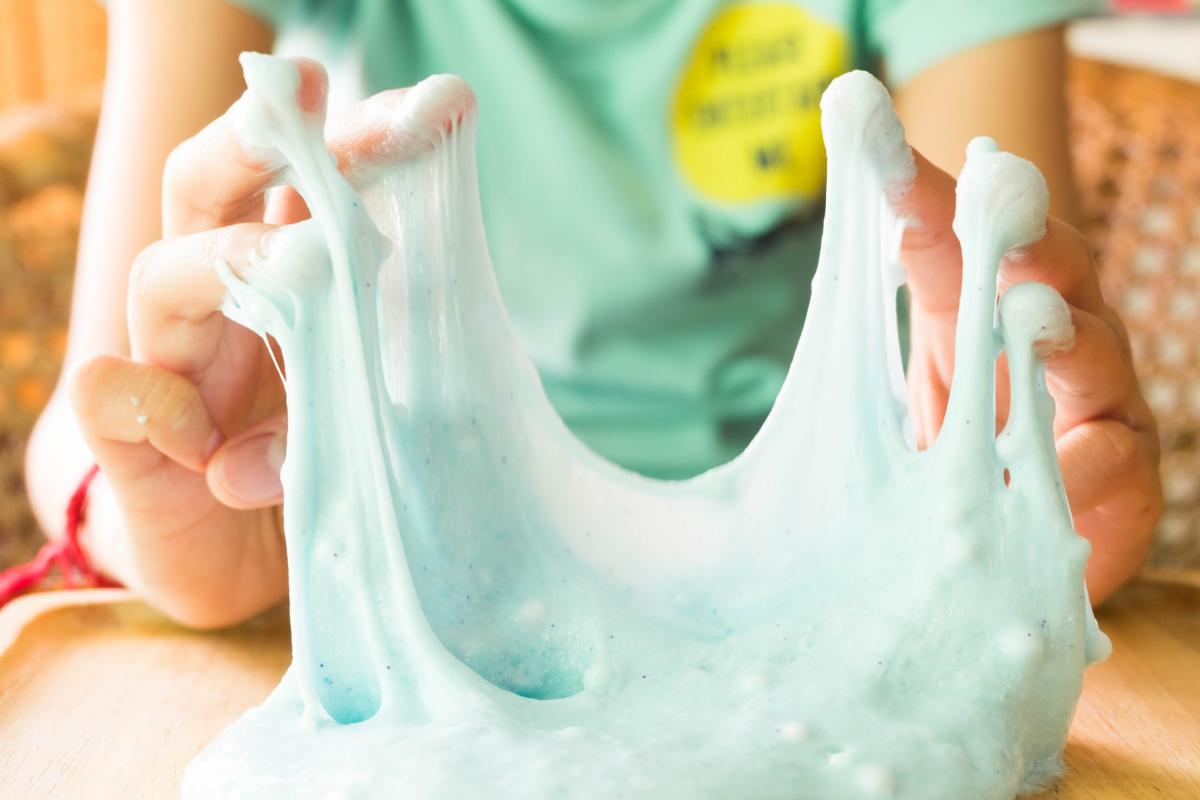Dangerous slime toys: consumer groups ask EU to keep kids safe
Dangerous slime toys: consumer groups ask EU to keep kids safe
BEUC NEWS - 14.12.2018
Slime has become very popular among children and teenagers over the past few years. However, this colourful substance with a thick, glue-like texture is less fun than it looks. Recent tests from 8 consumer groups across Europe1 have exposed illegal levels of a harmful substance – boron – in over 4 slime pots out of 10.2 Today consumer groups from the BEUC network, together with ANEC, the European consumer voice in standardisation, have alerted the EU Commission about the results.
Manufacturers tend to use boron to make slime more elastic and sticky. But playing with toys containing high levels of boron can damage adult health. Boron can for instance impair fertility and have potential hormone-disrupting effects. In the short term, it could cause vomiting, diarrhoea and skin irritation. That is why the EU has set safe thresholds for use in toys to ensure children’s safety.3
However, the consumer group tests have shown breaches ranging from a low risk to more serious ones. The most extreme cases showed levels of boron 14 times above the EU safety limit in samples which are on sale in France and Spain. In Germany, all the slime toys under the microscope (5 from 5) failed the test.
Another cause for concern is that there have been too few recalls. When a product poses a serious risk, national authorities must report it to the European recall platform ‘Safety Gate’, which helps to keep dangerous products away from consumers. But only 18 notifications were issued for faulty slime toys this year, while member organisations found more products of concern.
Also, online platforms where slime is often sold do not systematically withdraw the faulty batches reported to the Safety Gate. This goes against the Safety Pledge that four large marketplaces5 signed up to this year with the EU Commission, in which they committed to removing dangerous products signalled to the Safety Gate.
These tests only show the tip of the iceberg. Many more harmful products could be available on the market. As a result, consumer groups are asking the EU Commission to alert Member States and ensure the Safety Pledge signatories do stop selling harmful slime toys. They also urge national authorities to take flawed products off the shelves and fulfil their duty to notify dangerous products to Safety Gate in due time.
More info:
BEUC’s letter to the EU Commission
Notes:
- AK Oberösterreich (Austria), Forbrugerrådet Taenk (Denmark), UFC-Que Choisir (France), Stiftung Warentest (Germany), Altroconsumo (Italy), OCU (Spain), Consumentenbond (The Netherlands), Which? (United Kingdom).
- Our members found 42 non-compliant products out of the 100 they tested across Europe.
- Several boron-containing substances (e.g. boric acid) are on the EU candidate list for substance of very high concern. Annex 2.III.13 of the Toy Safety Directive (p.39) stipulates that migration limits for boron shall not exceed 300mg/Kg for “liquid or sticky toy material” and 1,200mg/kg for “Dry, brittle, powder-like or pliable toy material”.
- Alibaba, Amazon, eBay and Rakuten France.
The European Consumer Organisation
Europäischer Verbraucherverband
Bureau Européen des Unions de Consommateurs



